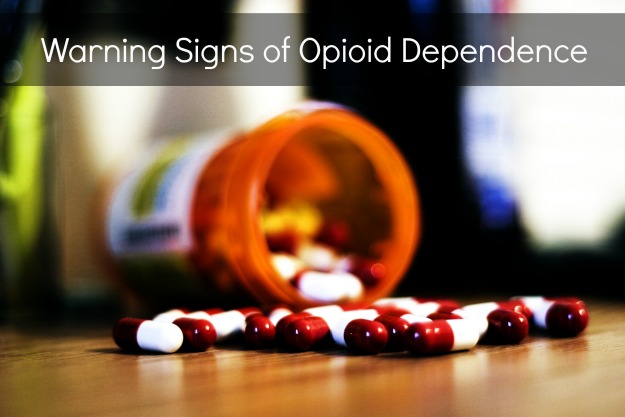I participated in a campaign on behalf of Mom Central Consulting for Reckitt Benckiser Pharmaceuticals Inc. I received a promotional item as a thank you for participating.
Opioid dependence is a scourge that is sweeping the nation. There seems to be a belief that since medications are prescribed by a doctor, that they’re safe for anyone to take. Even if they’re not prescribed to you. Opioid dependence sweeps across all ethnicities, socio-economic levels, and educational levels.
Warning Signs of Opioid Dependence
Drowsiness – Sometimes, you’re genuinely tired. Someone dependent on opioids will have cycles where they’re energetic and then drowsy, generally several times a day.
Inability to Concentrate – Do you notice that someone is fidgety? Perhaps they’re flitting from task to task or skipping work or school completely.
Behavioral Changes – Is someone becoming more isolated? Ditching their longtime friends, and hanging out with a new crowd? Or just generally bailing out of their normal activities that they’ve always enjoyed.
Increased Secrecy – Have they become secretive about what they’re doing? Opioid dependents often hide evidence of their addictions. They become very protective of their habits and believe that everyone else has an issue, not them.
Physical Symptoms – Pinpoint pupils, even in dark rooms. Excessive itching of extremities, such as the arms and legs. Flushing of the face or neck. Slurred speech. Intense calmness. Head nodding and drooping eyes.
Increased Appetite/Continued use of Opioids – Are they continuing to use and/or increasing their usage of opioids, even after knowing that there are side effects? Are they spending more and more time trying to acquire their pills?
Constant trips to the Doctor – Are they constantly going to the doctor or emergency room? Are they visiting lots of different doctors or pharmacies? This is known as doctor-shopping, and is a troubling sign that their dependence may be spiraling out of control.
If someone you know and love has several of these warning signs, seek help. ResetReality.com is a great resource for those who are battling opioid addiction, and for their loved ones. Learn about treatments, warning signs, and read tales of recovery.
Once you decide that treatment is the way to go, you’ll want to find a treatment program that knows how opioid addiction works and understands how to treat it. Most addicts will need inpatient treatment, at least to start with. This helps get to the root of the addiction, and makes sure that they’re in a medically supervised environment while detoxing. You’ll want to find a treatment center like The Recovery Village in Cleveland, OH. They have inpatient, partial hospitalization, and outpatient programs. This is one of the best approaches to help assure successful treatment.

